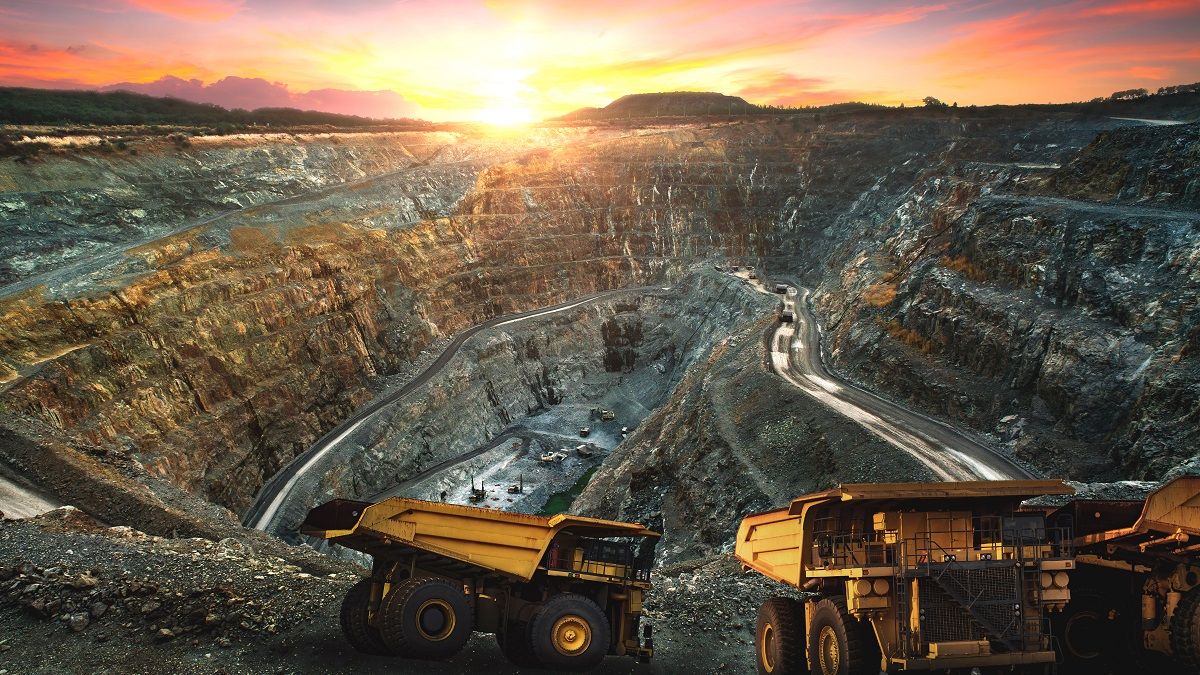Carmakers and other European businesses should invest heavily in the minerals they need for production as part of the energy transition, the CEO of EIT RawMaterials has urged.
Bernd Schaefer, CEO of the Berlin-based organisation, which seeks to support the securing of critical raw materials for the European industry, told Reuters there was currently no investment by financial institutions into the sector and so more commitment was needed from what he called “downstream players”. “That has to change if we really want to move forward and act accordingly to what is stipulated in the Critical Raw Materials Act,” he added.
Under this legislation, which is due to come into force in the coming months, the bloc has set 2030 targets for domestic production of minerals required for its green transition – 10% of annual needs mined, 25% recycled and 40% processed in Europe.
Demand for 34 raw materials, including copper, nickel and rare earths, is forecast to rise sharply. The European Commission has estimated, for example, the EU will require 18 times more lithium in 2030 than in 2020 and five times more cobalt. Last year, the Commission updated its list of critical raw materials to include lithium.
Geopolitical factors
Geopolitical factors are a growing consideration too, with the European Parliament arguing that Russia’s invasion of Ukraine, aligned with Chinese trade policy, has meant the supply of cobalt, lithium and other raw materials has become a major concern.
“The EU faces bottlenecks and vulnerabilities along the supply chain due to its heavy reliance on imports from single sources and the shrinking number of suppliers,” it said. “China currently produces 86% of the world’s rare earth minerals. The EU imports 100% of its supply of heavy rare earth elements from China, 98% of its boron from Turkey, and 71% of its platinum from South Africa.”
The latest remarks from Schaefer came the week after EIT RawMaterials said it was providing €100m in new funding for what it called “high-impact projects” in the European raw materials sector. The funding is in addition to investments of more than €200m already underway over the 2023/25 period.
EIT RawMaterials said the funds would be allocated through ‘call’ mechanisms, inviting participation from diverse stakeholders, including research organisations, universities, start-ups, major industrial players and consortia, and a ‘fast-track’ call approach would be introduced to accelerate funding access for outstanding projects. This investment builds upon the €600m funding already deployed by EIT RawMaterials since 2016.







